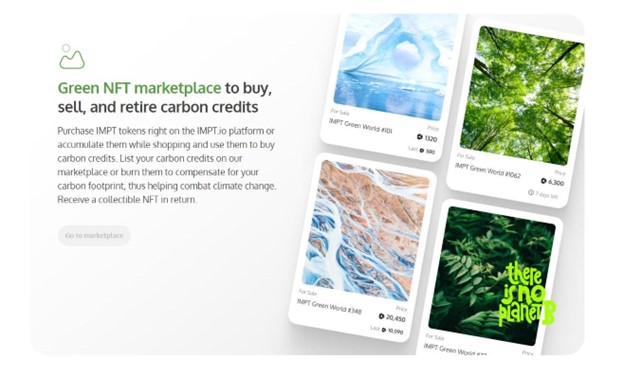Ann (not her real name) is an entrepreneur based in Colorado. In the past month, business sales have grown by 16 percent month on month, and 54 percent year on year.
But Ann doesn’t accept credit cards for her sales as it’s too expensive and at times against some bank’s rules. She prefers Litecoin, a cryptocurrency started in 2011 which offers cheap and fast transactions. After closing her shop at 8 pm, she heads home and accounts for her day’s sales in a crypto wallet. Ann is a seller of CBD products in one of the busy streets of Denver, Colorado.
She is Unbanked.
The recreational use of CBD and hemp-based products has been legal since 2012, but banks have been wary about accepting marijuana-related businesses. The problem is that laws differ state-by-state and on a federal level. This confusion means that some banks are watchful that they’d be running afoul by supporting certain business owners.
But the problem doesn’t even have to involve a controversial product. According to this Brookings article, micro-businesses and those owned by people of color are largely unbanked or underbanked.
Cryptocurrencies as the Answer?
For Ann, Litecoin solved a real problem for her business and she has been a long-term holder of the asset. When she needs to pay people who won’t accept Litecoin, she uses her Litecoin Debit Card.
The good news is that fin-tech companies now offer a variety of solutions for these unbanked businesses and one company aptly named “Unbanked.” The Litecoin Card is issued via a partnership between the Litecoin Foundation and Unbanked.
Fintech has a unique position in that they are able to provide business owners with solutions that will help them make the experience seamless for their customers, including payments. In short, you can get paid for the products you sell, make it more convenient for your customers to pay, and reduce the risks and costs of lugging cash around.
Unbanked.com
Unbanked has taken things further by allowing businesses to issue their own custom debit cards as well as facilitate bank accounts for customers. All that without even lifting a finger if you don’t want to.
You can choose to use Unbanked’s API to help you get started. Or you can program your own and get Unbanked’s technology up and running for your mobile app or website.
Everything is seamless. The debit cards will have your company’s branding. Even if you run a company with less than 10 employees, you can still get in on the fintech solutions that the company offers. For instance, you can issue cards with your own logo on them and offer FDIC insured bank accounts. Bank accounts are crypto-friendly and available to customers in more than 200 countries and regions.
What’s more, Unbanked can guide you to ensure compliance on your part. You don’t have to worry about red tape and legal jargon, Unbanked can help you with anything you need, from regulatory issues to user security, and even your platform’s security.
Unbanked is also a Visa Enablement Partner.
The Bottom Line
That being said, Unbanked is helping businesses come up with their own blockchain-based debit cards that can spend cryptocurrency assets and open a bank account as well. But of course, more than the financial side of its service, Unbanked can also offer assistance in several ways, including:
- Helping your business use, program, and customize its API for a seamless and better customer experience
- Providing a new way to accept payments by adding cryptocurrency into the mix
- Assistance with compliance
By blending the functionality of bank accounts and debit cards with the blockchain, fintech Entrepreneurs are able to offer their customers a Neo-bank built on the blockchain without the cost, regulatory risk, and other headaches that come with building it from scratch.











